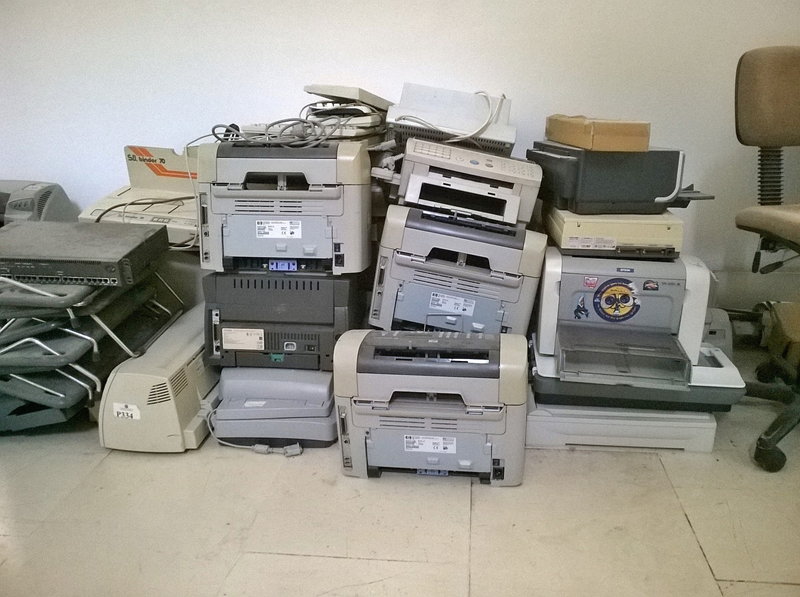
4 Essential Factors To Consider When Upgrading Business Equipment
In today’s technology-driven climate, every small business needs computers, vehicles, equipment, and everything necessary to enhance operations. When it is time to upgrade and replace some of this equipment, it is typical to go for the latest models without much consideration. Yet, carefully researching and reflecting before taking the next step is crucial for getting the best ROI with respect to cost and crew productivity. Below are four tips to consider when upgrading and replacing your business equipment.
- Figure out what you truly need
Before you upgrade or swap out your business gear, it is crucial to know what you’re aiming for. For instance, whether you’re looking to turbocharge your commercial vehicle or give your computer a new lease on life, you have to determine your goals. For instance, if you want to improve your team’s driving experience on the road, consider improving your cold air intake, upgrading the exhaust system, and fine-tuning the engine. Also, it might be time to bid farewell to that worn-out battery and upgrade the RAM or old power supply if you want to boost your computer’s performance. Whatever your game plan, ensure they’re in line with your goals so you can have a clear blueprint to guide you in sifting through the hardware options, ensuring they fit well with your current setup, and keeping an eye on the budget.
- Prepare your tools and workspace
It’s time to get practical after getting your wish lists of upgrades in hand. Depending on the gear and the scale of your project, you’ll need your trusty set of tools and a stage ready. Imagine a clean, roomy, and well-lit workspace where you can spread out your equipment minus the risk of damage or endangering your crew. Perhaps you’re in the aviation industry and you’re considering essential upgrades for your flying companion. In that case, it’s a smart move to get the right tools, like some durable aircraft jacks, to enhance your routine maintenance, repairs, and ground operations.
- Scalability
Scalability is all about future-proofing your upgrade. It’s best to assess whether the new equipment you get can grow with your business plans or will be outdated in no time. Equipment and components aren’t getting any cheaper, and you want to invest in functional gear that provides value for money and can stick around while your business expands. So, before you take the plunge, it would be best to take a look into the future and make sure your upgrade is in it for the long haul.
- Prioritize safety
When you’re gearing up to upgrade or switch out your business tools, safety should be paramount. That doesn’t only involve helmets and knee pads but ensuring your new equipment or components don’t turn into a potential hazard for your team or your business. Check if your equipment is safe and meets all industry regulations to ensure your staff is well-protected and your business avoids any breaches. The last thing you want is to get hit with unexpected lawsuits or fines simply because you failed to check if your new component meets compliance standards.


